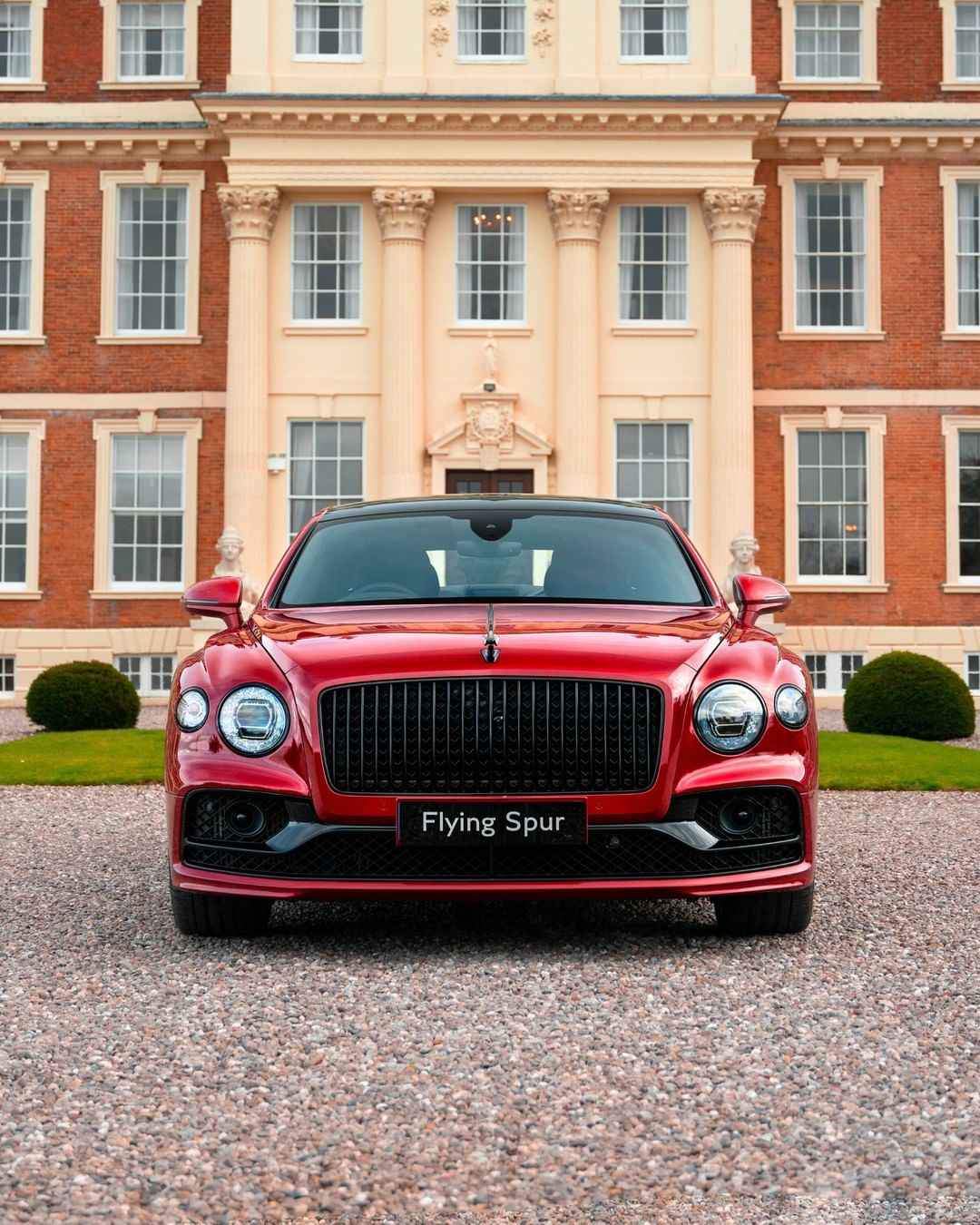Purchasing a used car can have its advantages over buying new. For starters, a previously-owned, low-mileage car that is only one or two model years older can cost you significantly less than a brand-new car of the same make and model and can serve you just as well over the years, particularly if you choose to purchase an extended car warranty. People who swear by buying used enjoy getting more bang for their buck and being able to afford some of the upgrades that would have come at a premium if they had purchased the same vehicle fresh from the factory.
But how does a dealership profit from selling used cars? Before you decide whether to purchase a used car, let’s take a moment to explain the dealer markup on used cars.
When you purchase a pre-owned car from a dealership, the dealer is selling it at a profit. This markup may vary anywhere from 25 to 45 percent, depending on a number of factors that go into setting the price. Some of the key factors in determining the dealer markup on a used car include:
Snapshot Survey
Thanks for sharing your thoughts!
Please subscribe for your personalized newsletter:
Price Paid by the Dealer
How much did the dealer pay for the car that is currently sitting on the lot? Since dealers acquire their used car inventory from private sellers as trade-ins, as well as through auctions and from wholesalers, the amount that they pay can fluctuate from vehicle to vehicle. A lot of this depends on the age, condition, mileage, make and model, and market demand for each car. For example a GMC vehicle that came at a higher cost to a dealer is likely going to be marked up more than a car that he was able to purchase for less. Dealers tend to use the Blue Book values of cars to determine whether a vehicle will provide a good return on their investment.
Repairs Needed
When a dealer considers purchasing a car, either at auction or as a trade-in, he is looking at how much it is going to cost the dealership to get the car ready for resale. If a vehicle is in need of repair, this obviously factors into his decision. The dealer markup offsets these costs. Because of this, the dealer markup will be smaller for cars that needed minor cosmetic repairs, or small repairs needed due to typical wear and tear. However, more significant repairs may drive up the price of the dealer markup to ensure that the dealer will be getting his investment back.
Overhead Costs
Sometimes a dealer has to incur transport costs to get a specific make and model of used vehicle on his lot. These costs factor into the dealer markup. For this reason, a car that had higher overhead costs will receive a larger markup than a car with little to practically no overhead investment by the dealer.
Lot Size
While some used car dealerships seem to go on for acres, with hundreds of cars in every make and model you can think of, others consist of a small corner lot with about 10 to 15 cars on it. The size of your dealer’s used car lot makes a difference in the markup you can expect to pay. Dealers with a smaller selection of used cars may also have a lower markup in order to entice customers. For a dealer who owns a small used car lot and is trying to establish a solid reputation, keeping profit margins lower with small markups may help him to build credibility and loyalty among his customers.
/filters:quality(70)/thumbs/60/pven8r033bmrv6idjzs7he_1080x1350.jpg)
Sale Condition
Some dealerships incur a little overhead cost by selling salvage cars. These are vehicles that are sold as-is, with the buyer understanding that he or she is purchasing the car in the condition they are in, with no promise of repair by the dealer. Salvage cars are still sold at a dealer markup; however, the cost is dependent upon how extensive the damage is to the vehicle. For example, some cars are considered salvage cars due to extensive body damage, such as hail damage. In this case, the car is still completely driveable and the damage is only cosmetic, meaning that the dealer can still sell it for a higher markup. Salvage cars with extensive damage that affects their performance, however, will be sold at a much lower dealer markup.
If you have a harem of 40 women, you never get to know any of them very well.
Mechanical Breakdown Insurance
If you can get mechanical breakdown insurance, that will give you peace of mind when purchasing a used car. Most used car buyers search for "extended auto warranties". Extended warranties are actually either Mechanical Breakdown Insurance (in California) or a Vehicle Service contract (in the rest of the USA). If you are in California, be sure to check out Olive: gogetolive.com/mechanical-breakdown-insurance-california/.
Though every dealer marks up the price of used cars to offset the costs involved in getting them onto the lot, they expect the buyer to attempt to negotiate. Because of this, the dealer markup tends to be higher in order to give the buyer room to negotiate a lower price and still let the dealer walk away with a profit. By shopping around and comparing similar makes and models of vehicles at different used car dealerships, as well as understanding Blue Book values, you can feel good knowing that you negotiated the best possible price for your used car.


/filters:quality(70)/thumbs/61/i2fn2muop1io7ohwpzidbr_1080x1350.jpg)
/filters:quality(70)/thumbs/38/7zrxbacputjck55y5kyp6_1080x1350.jpg)
/filters:quality(70)/thumbs/11/ova92gu23uf988g0xqek2g_1080x1350.jpg)
/filters:quality(70)/thumbs/38/scrdizv8bbkq9p8zfy2j3_1080x1350.jpg)